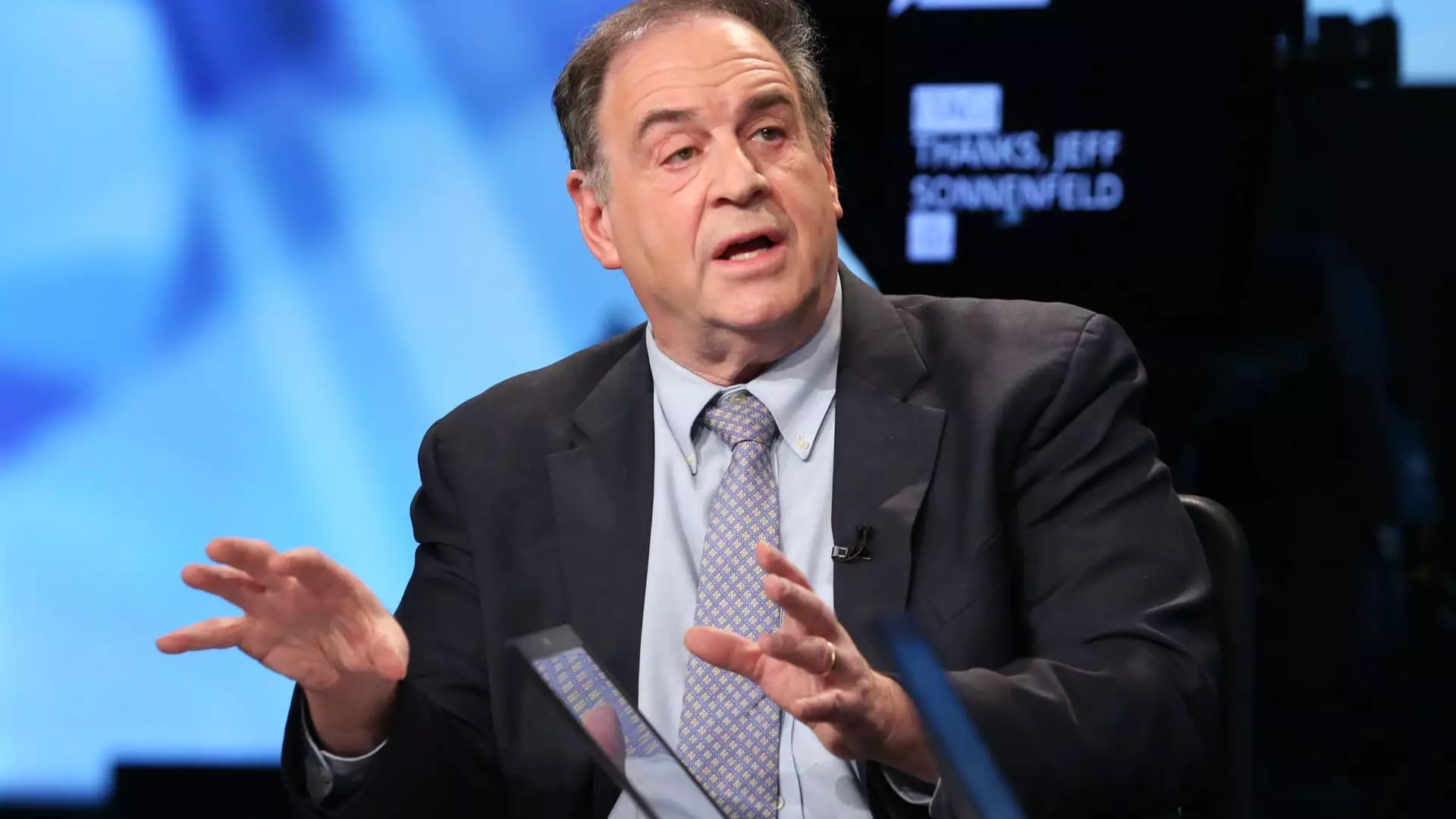Activist investors have seen a recent string of defeats in proxy fights, leading many to question their effectiveness and credibility. The original activist investors, such as Ralph Whitworth and John Bogle, were pioneers in bringing accountability and transparency to corporate governance. They focused on shareholder value and ended misconduct and excess within companies. However, over the past two decades, the mission of these genuine activist investors has been hijacked by “greenmailers” who prioritize short-term financial gains over long-term sustainability.
Recent analyses have shown that major activist funds consistently underperform passive stock market indexes like the S&P 500 and the Dow Jones Industrial Average. Activist campaigns often involve stripping down companies and implementing short-term financial engineering strategies that harm the long-term prospects of the organizations. As a result, shareholders are becoming increasingly wary of allocating funds to activist investors, leading to a decline in assets under management.
With a streak of defeats in proxy fights, activists are resorting to preemptive settlements with target companies. These settlements often favor the activists and involve concessions from the companies, excluding a change in CEO. While more than half of companies now opt for settlements, some argue that these agreements resemble greenmailing tactics, as activists pressure companies into favorable terms.
Proxy advisory firms, such as ISS and Glass Lewis, have faced scrutiny for their recommendations in proxy fights. While originally created to protect workers and investors from greenmailers, these firms have come under fire for their perceived lack of balance and accuracy. Shareholders have increasingly rejected the recommendations of proxy advisors, leading to questions about their credibility and influence in corporate decision-making.
Not all activist investors operate the same way, with some prioritizing constructive relations with management over aggressive tactics. However, the overall credibility and value of activist investors have come under scrutiny due to their losing streak in proxy fights and public rejection of their methods. As we navigate the complex world of corporate governance, it is essential to remain vigilant against deception and greed masked as noble intentions.
The landscape of activist investing is evolving, with a clear shift towards accountability and transparency. The original ideals of shareholder value and corporate governance are at risk of being overshadowed by short-term financial gains and questionable tactics. As investors and stakeholders, it is crucial to demand integrity and ethical practices from all parties involved in corporate decision-making. Only through collective efforts to promote long-term sustainability and responsible stewardship can we ensure a prosperous future for companies and shareholders alike.

